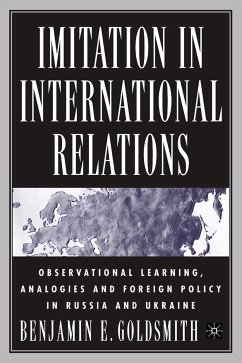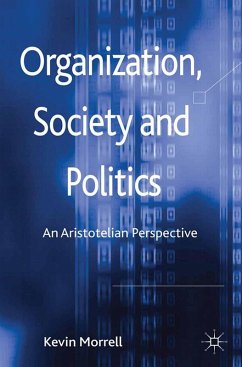
Internationalizing and Privatizing War and Peace (eBook, PDF)
The Bumpy Ride to Peace Building
Versandkostenfrei!
Sofort per Download lieferbar
72,95 €
inkl. MwSt.
Weitere Ausgaben:

PAYBACK Punkte
36 °P sammeln!
In this timely work, the author analyzes the use of private military firms and international interventions of the military. Outsourcing to the private sector takes missions away from the military, but the shift towards international intervention adds new, wider functions to the traditional role of defence. If these two trends continue at the present pace, important security functions will be out of control of parliaments, national governments and international authorities. The state monopoly of violence - an achievement of civilization - is at stake.
Dieser Download kann aus rechtlichen Gründen nur mit Rechnungsadresse in A, B, BG, CY, CZ, D, DK, EW, E, FIN, F, GR, HR, H, IRL, I, LT, L, LR, M, NL, PL, P, R, S, SLO, SK ausgeliefert werden.












